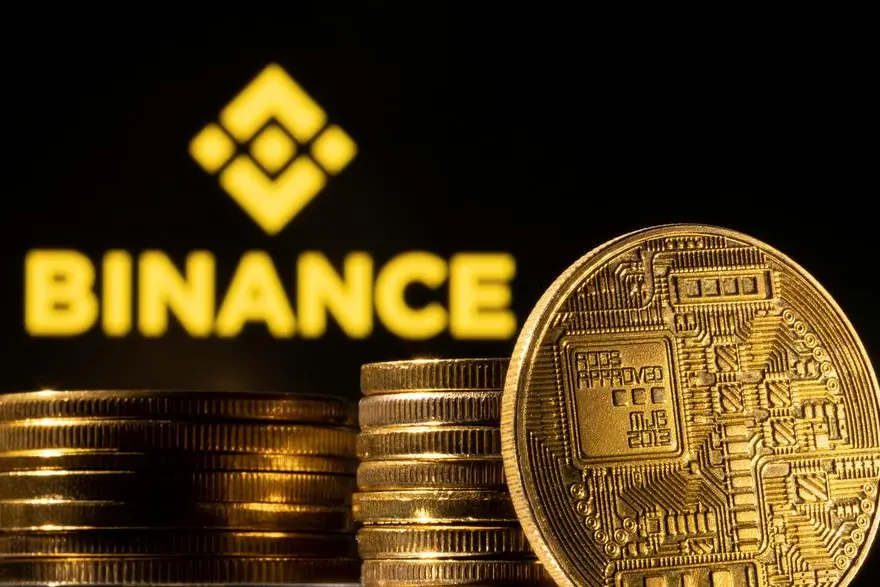PHOTO
Regulatory headwinds arising from the guilty plea of Changpeng Zhao (CZ), the former CEO of world’s largest digital assets exchange Binance, will likely increase, but overall, will not hinder long-term developments of digital assets.
Analysis from Swiss private bank and wealth manager Julius Baer said there will likely be further strain on crypto-wide liquidity as the arising distrust towards unregulated, centralised custody solutions will drive users towards other regulated self-custody solutions.
Manuel Villegas, digital assets analyst gave the analysis in reaction to the guilty plea of CEO Zhao, who has now resigned to be replaced by Richard Teng, Binance’s head of regional global markets, also former chief executive of Abu Dhabi Global Markets Financial Services Regulatory Authority (ADGM FSRA).
The guilty plea to failing to maintain an effective money laundering programme in a Seattle court Tuesday come after years of speculation around the prosecution of Zhao and the exchange he founded, by US authorities, with Binance to pay $4.3 billion in fines and Zhao himself $50 million.
Zhao, who is reported to have owned a home in Dubai, a city he heralded as “pro-crypto” since 2021, said on X, formerly Twitter, Tuesday that he had “made mistakes and I must take responsibility”.
He said after a break, he would invest passively in areas such as block chain, Web3, decentralised finance (DeFi), artificial intelligence (AI) and biotech.
Julius Baer analyst Villegas said it was important to note that the sanctions violations encompass the repeated failures to prevent suspicious transactions that were potentially linked to terrorist organisations, and that the fine imposed is one of the largest corporate penalties in the history of the United States.
“At the same time, one of the key points the US Government made during the case is that Zhao knew that almost 25% of Binance’s clients were US clients, which would represent a major violation to policy,” he said.
Binance’s token, BNB, has had its price slip since the news came across. Other digital assets have slipped as well, but the declines have been marginal.
“The major effect of the news has been that almost $1 billion of customer assets have exited the exchange,” he said.
“To put things into perspective, it is important to understand that Binance accounts for almost 40% of crypto’s spot volumes, and even if the effects on prices are still marginal, the demise of Binance in the United States and the increasing regulatory constraints will heighten pressure on crypto markets.
“The exchange provides not only access to spot and derivatives trading but is also one of the largest holders of Bitcoin.”
Regulation on the asset class will certainly increase, he added, meaning “plenty of work” for new CEO Teng to prevent further outflows.
Villegas said it would not be too far-fetched to believe that the market depth for crypto will further decrease and that liquidity constraints will be widespread, likely to be firstly evidenced in the order books, where bid-ask spreads will broaden and slippage will increase.
The effects can potentially spill over to the favoured stablecoin in Binance, TUSD, where violently moving markets could put pressure on the peg, he said.
“Overall, for digital assets, we believe that headwinds from monetary tightening should start fading, as we do not expect further interest increases from the Fed. Regulatory headwinds arising from this series of events will likely increase, but overall, we do believe unlikely that the events will hinder the long-term developments of the asset class.”
Crypto investors will no doubt be hoping the Binance fine will bring to an end a period of high drama in the industry, coming fast on the heels of the conviction of Sam Bankman-Fried, of a multi-billion dollar fraud connected to his now bankrupt exchange FTX earlier this month.
Jesse Powell, co-founder of Kraken, who stepped down from the CEO role in September 2022, with the exchange exiting the UAE to “concentrate on mature markets” in February, said on X, Thursday: “The game feels a bit more fair today. The last 12 months have answered 2 nagging questions from shareholders: 1. How are they going so fast? 2. How are they getting away with it?”
Powell went on to say of the Binance fallout that many “like-minded responsible peers had perished while waiting for justice”, adding that exchanges like his were “playing the long game and being examples for the industry”.
(Reporting by Imogen Lillywhite; editing by Seban Scaria)





















